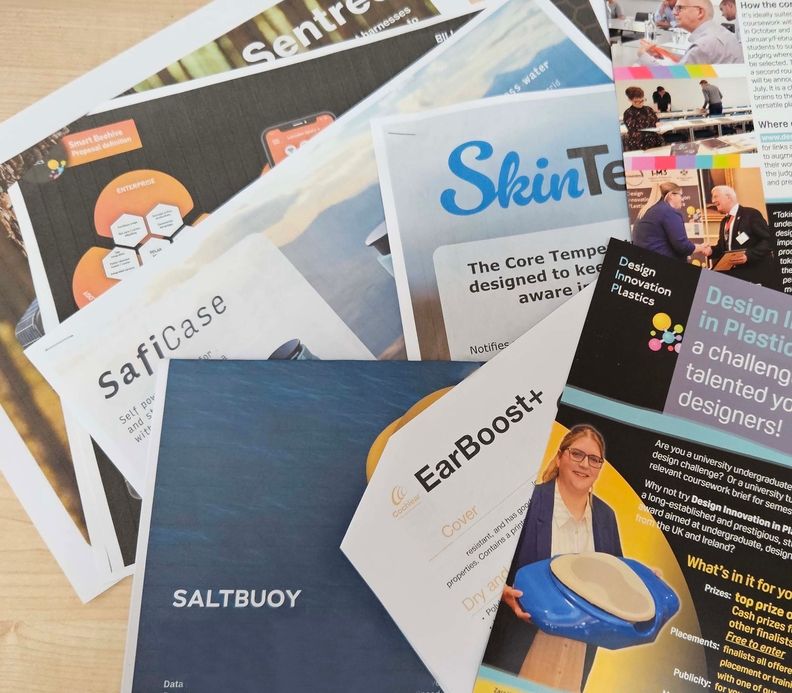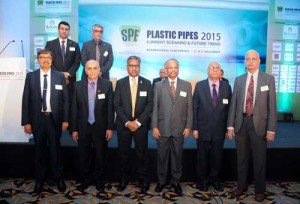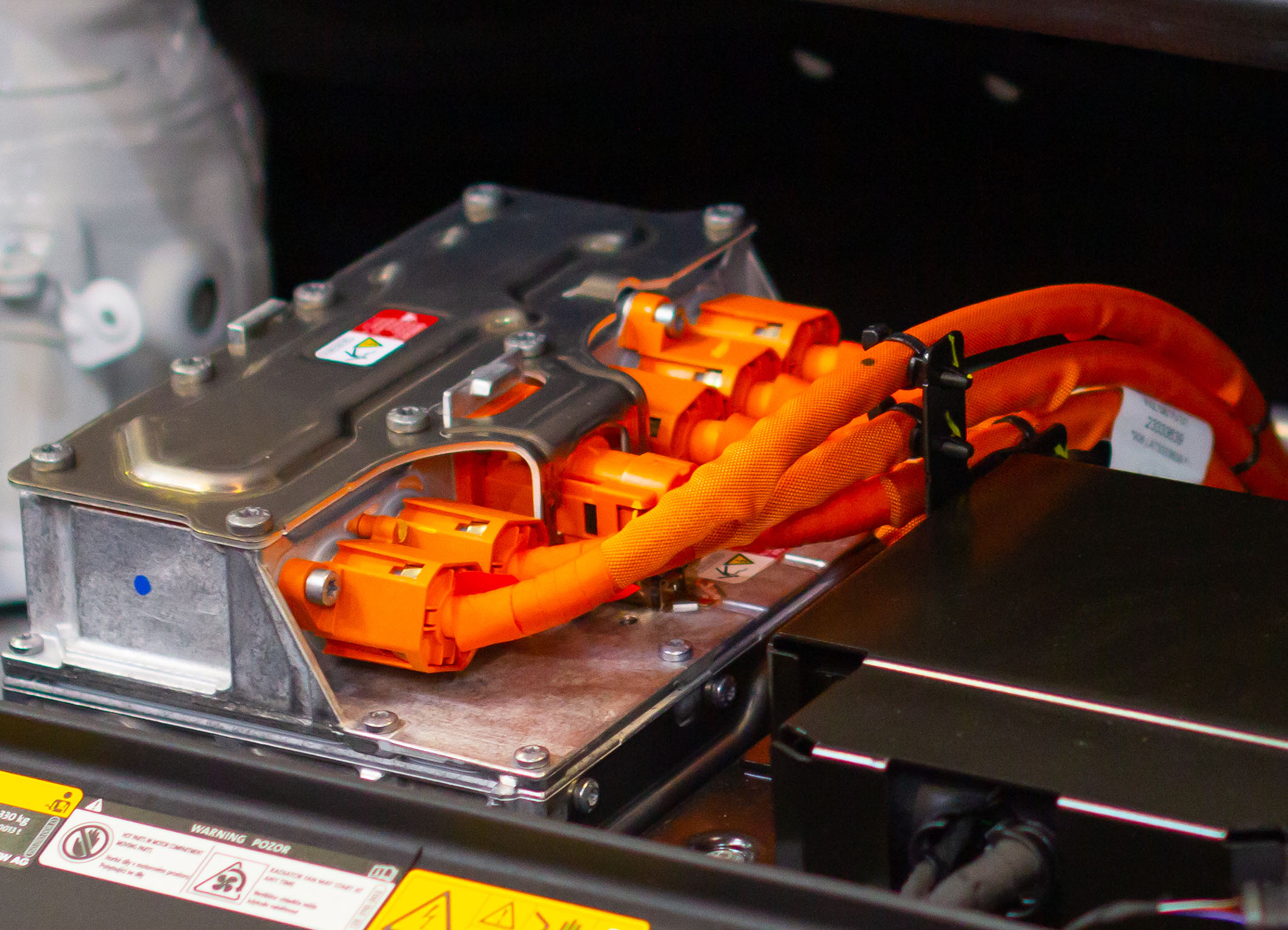Chairman of the DIP Judging Panel, Richard Brown, also praised the sheer range and creativity of ideas, which he said made the task of selecting six finalists from a vast number of entries particularly challenging.
Design Innovation in Plastics is the longest running competition of its kind for university students in Europe. It is headline sponsored by Covestro, the global polymer materials manufacturer, The Worshipful Company of Horners, The Institute of Materials, Minerals and Mining (IOM3) and supported by leading organisations in the fields of product design and injection moulding.
During the final judging, the products will be carefully evaluated and the results will be announced at the prize-giving ceremony on July 05, in London.
- Gargi Agrawalla, Loughborough University: Ear Boost, a product for simultaneously dehumidifying and charging cochlear implants.
- Brandon Hopkins, London South Bank University: Saltbuoy, a salt-water powered data buoy
- Jake Lee, Glasgow School of Art: SkinTemp, a core temperature sensor to keep people safe in cold water
- Jem Mitchell, Glasgow School of Art: Sentree, a sonic deterrent for trees to protect them from overgrazing.
- Isabel Payne, Glasgow School of Art: SafiCase, a self-powered case for sterilising a menstrual cup with minimal water
- Joe Shade, De Montfort University: Beehive, a smart beehive for monitoring and providing information about the wellbeing of the bees.
Source: sustainableplastics.com








